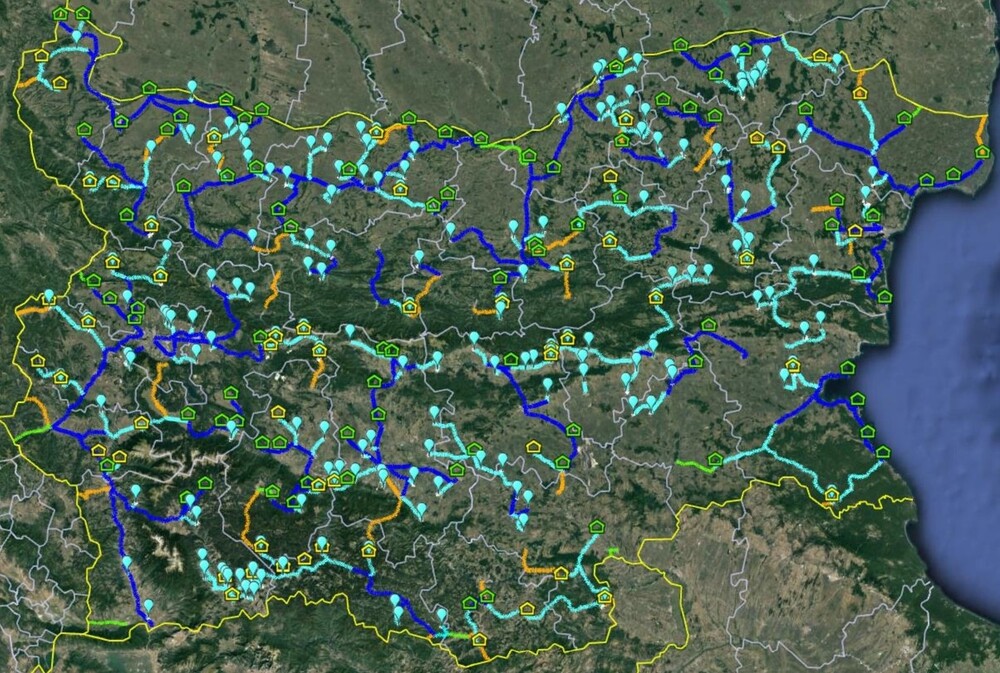site.btaBulgaria Climbs Digital Quality of Life Index in 2025


Bulgaria ranks 11th in this year’s Digital Quality of Life 2025 (DQL) global index by Surfshark, up from 18th place last year. The index aims to study and track the digital well-being of countries across five criteria: internet affordability, internet quality, digital infrastructure, digital security, and, starting this year, artificial intelligence.
Bulgaria lags behind Romania, which is in 6th place. Finland tops this year’s ranking, while the United States leads in the artificial intelligence (AI) index, despite being 16th overall in the general ranking, Surfshark reported.
Bulgaria performs best in the internet affordability category, but faces challenges in digital infrastructure, where it ranks 60th. The country is 21st in digital security, 41st in internet quality, and 49th in the artificial intelligence category, outperforming 72 countries included in the index calculation.
Regarding internet affordability, the study’s authors state that Bulgarians need to work 11 minutes per month to afford their internet connection. By comparison, in Romania, the figure is 13 minutes.
However, mobile connectivity remains expensive, requiring Bulgarians to work about 46 minutes per month to afford it. This is six times more than in Angola, which has the most affordable mobile connection in the ranking, at 7 minutes and 27 seconds per month.
In terms of internet quality, Bulgaria is above the global average, ranking 41st. The average fixed internet speed in Bulgaria is 155 Mbps, compared to 463 Mbps for the fastest network in the world, located in Singapore. The average mobile internet speed in Bulgaria is 271 Mbps, while the fastest mobile network in this category, in the UAE, averages 576 Mbps.
Compared to Romania, Bulgaria’s mobile internet is 152% faster, but its fixed internet speed is 52 percent slower.
Compared to last year, Bulgaria’s mobile internet speed has improved by 26%, while fixed internet speed has increased by 13%.
Bulgaria ranks 21st in the world for digital security, climbing one position compared to the 2024 index. Digital security measures the safety of people in the online environment. The country is noted as being prepared to counter cybercrime, and as an EU member state and subject of GDPR, it has strong data protection legislation. Here, Bulgaria lags behind Romania, which is 4th, but surpasses Serbia (44th) in the digital security category.
Bulgaria continues to face challenges in digital infrastructure and readiness for AI deployment. Advanced digital infrastructure allows the population to use internet access for a wide range of daily needs - from work and education to shopping. In Bulgaria, 82% of the population has internet access, ranking the country 71st in the world. In terms of technological readiness, Bulgaria is in 53rd place.
This also relates to the country’s investment potential in AI and its level of readiness for AI implementation, where it ranks 50th.
The DQL index examines 121 countries based on open and accessible data from the United States, the World Bank, and other public and reliable sources. Surfshark operates in the field of cybersecurity, with its headquarters in the Netherlands and branches in Lithuania and Poland.
/DD/
news.modal.header
news.modal.text